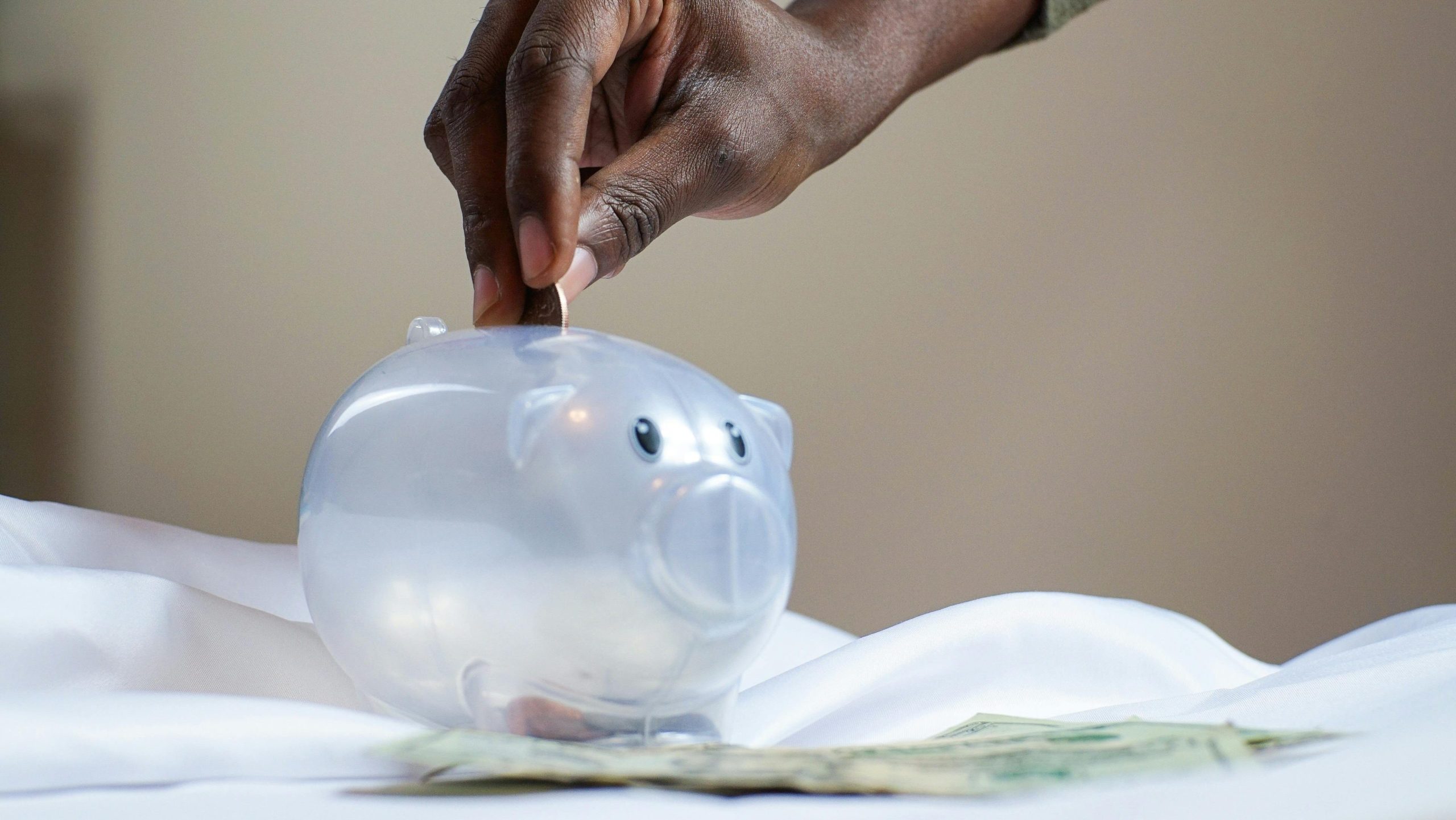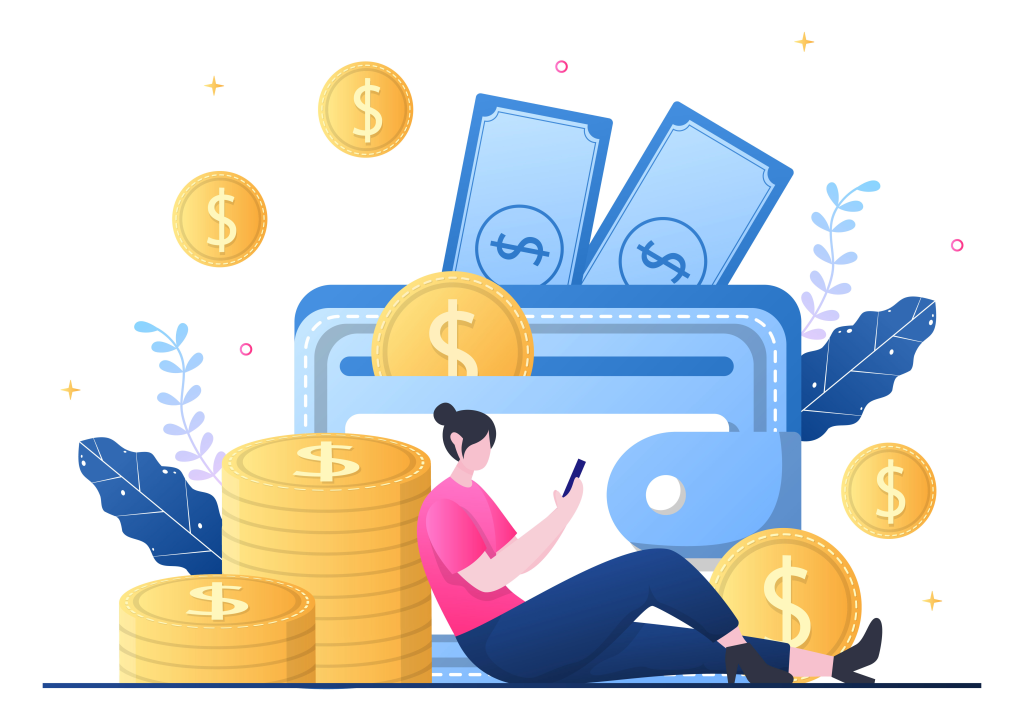Anúncios

Where to Turn Coins Into Cash
Have you ever wondered where to turn coins into cash without hassle? Whether it’s a jar of pennies or leftover change from daily purchases, those coins can quickly add up and make a noticeable difference in your wallet. The good news is there are plenty of options to exchange coins for cash, from traditional bank services to innovative kiosks.
Understanding where to go and the associated costs can save you time and money. Some institutions, like banks and credit unions, offer coin exchange services for free, while others, such as kiosks, may charge fees. Furthermore, preparing your coins before visiting these locations can make the process even smoother. In this guide, we’ll explore the most convenient and cost-effective ways to cash in your coins while maximizing your returns.
Banks and Credit Unions: Your Best Starting Point
Banks and credit unions are often the first stop when deciding where to turn coins into cash. They provide secure, reliable, and often fee-free solutions for account holders. However, policies vary, so understanding what your local branch offers is key.
Benefits of Using Banks and Credit Unions
- Free Coin Deposits: Most banks allow account holders to deposit coins without a fee, provided the coins are rolled. This is an excellent option for maximizing value.
- Direct Deposit into Accounts: Skip the hassle of handling cash by depositing the funds directly into your savings or checking account.
- Community-Focused Services: Credit unions often provide personalized service, making the process quicker and more user-friendly.
What About Major Banks?
- Does Bank of America Take Coins?
Bank of America generally does not accept loose coins, but rolled coins are often welcome. Contact your local branch to confirm their specific policy. - Does Chase Exchange Coins for Cash?
Chase Bank has limited coin-exchange services. Non-account holders may face restrictions, while account holders enjoy streamlined options.
Pro Tips for Using Banks
- Pre-Sort Your Coins: Rolling your coins before visiting can save time and may even be required by some institutions.
- Call Ahead: Verify the bank’s policy and any associated fees to avoid surprises.
- Leverage Account Benefits: If you’re an account holder, inquire about perks like free coin counting or priority service.
Banks and credit unions remain one of the most cost-effective and reliable options for converting coins into cash. However, if convenience is your priority or if your local bank doesn’t meet your needs, alternative methods like kiosks or retail stores might be worth exploring.
Retailers and Grocery Stores: Coin Counting Kiosks
If you’re short on time and wondering where to turn coins into cash quickly, coin counting kiosks at retailers and grocery stores are a convenient solution. These machines, such as Coinstar, are widely available and make the process effortless, though they typically charge a fee for their services.
Benefits of Using Coin Counting Kiosks
- Convenience: Found in major grocery stores like Walmart, Target, and Kroger, these kiosks are accessible during regular store hours.
- Speed: The process is fast—simply pour your loose coins into the machine, and it will count and sort them in minutes.
- Flexible Payment Options: You can often choose between cash, store credit, or gift cards. Store credit or gift cards may waive the service fee, offering better value.
Fees to Consider
- Cash Transactions: Coinstar charges a standard fee of around 11.9% for cash payouts, which can eat into your total amount.
- Gift Card Option: To bypass fees, opt for gift cards to major retailers like Amazon or Starbucks, which allow you to use the full value of your coins.
Pro Tip
Before heading to a kiosk, ensure your coins are free of debris and foreign objects to avoid machine errors.
Alternative Solutions: Creative Ways to Use Coins
Beyond traditional exchanges, there are several innovative ways to make the most of your coins. These options might save you fees or help you utilize your coins without converting them to cash directly.
Donate to Charity
- Many coin-counting kiosks offer a charity donation feature. You can contribute your coins to a good cause without paying a fee.
- Local charities and community drives may also accept loose change, making it easy to support meaningful initiatives.
Use Coins for Everyday Purchases
- Coins can be used for small transactions, such as vending machines, parking meters, and public transportation.
- Grocery stores and cafes often accept coins for exact payments, which can help reduce your stash gradually.
Roll Your Coins for Gifting or Savings
- Roll your coins and gift them to children as a fun way to teach financial literacy.
- Alternatively, deposit rolled coins into a savings account to grow your wealth over time.
Exchange with Local Businesses
- Some small businesses are happy to exchange coins for cash, especially those that need change for daily operations.
DIY Projects or Crafts
- Coins can be used creatively for DIY home decor, such as mosaics or coasters.
- Teachers and educators might also appreciate coins for classroom projects or math lessons.
Comparing Coin Counting and Alternative Solutions
| Solution | Convenience | Cost/Fees | Best For |
|---|---|---|---|
| Coin Counting Kiosks | High | ~11.9% fee | Quick cash or gift card options |
| Charity Donations | Medium | No fee | Supporting causes while decluttering |
| Everyday Purchases | Medium | No fee | Small, frequent payments |
| Rolling Coins for Deposit | Low | No fee | Long-term savings or gifting |
| Local Business Exchange | Medium | No fee | Community-driven transactions |
| DIY or Craft Projects | Low | No fee | Creative uses or educational purposes |
These approaches ensure that every penny counts, whether it’s for immediate needs or long-term benefits.
Comparing Costs and Convenience
When deciding where to turn coins into cash, comparing costs and convenience is essential. Different methods come with varying fees, accessibility, and benefits. Here’s a breakdown to help you make an informed decision.
Bank and Credit Union Options
- Cost: Free for account holders, making this the most cost-effective solution.
- Convenience: Depending on branch availability and operating hours, this option may require extra planning.
- Best For: Individuals who prefer no fees and are already account holders.
Coin Counting Kiosks at Retailers
- Cost: Around 11.9% for cash payouts, though opting for gift cards can eliminate the fee.
- Convenience: Widely available in grocery stores and retail chains, with fast processing times.
- Best For: Quick access to cash or gift card rewards.
Alternative Methods (DIY Rolling or Donations)
- Cost: Free but time-consuming, as rolling coins yourself requires effort.
- Convenience: Limited; requires preparation or finding places to accept rolled coins.
- Best For: Budget-conscious individuals or those willing to invest time for no-fee solutions.
Cost and Convenience Comparison
| Method | Cost | Convenience | Best For |
|---|---|---|---|
| Bank/Credit Union | Free | Moderate (depends on location/hours) | Fee-averse customers |
| Coin Counting Kiosks | ~11.9% fee (cash) | High | Quick, hassle-free transactions |
| DIY Rolling | Free | Low | Saving money over convenience |
| Donations | Free | Medium | Supporting causes while decluttering |
Pro Tips for Coin Management
To avoid accumulating a mountain of loose change, consider adopting these strategies for smarter coin management. These tips can save you time, fees, and frustration.
1. Regularly Deposit Coins
Instead of waiting until your coin jar is overflowing, visit your bank or credit union periodically to deposit coins. Many financial institutions allow small coin deposits at no extra charge.
2. Utilize Coins for Small Purchases
Use coins for everyday expenses like parking meters, vending machines, and exact-change transactions. This reduces your stash while eliminating the need for bank trips.
3. Invest in a Coin Separator
Coin sorters or rolling kits are inexpensive tools that can save time and effort when managing coins. With sorted rolls ready to go, depositing them at the bank becomes seamless.
4. Keep Coins in Your Vehicle
Store coins in a small container in your car for quick access during toll payments, parking, or emergencies.
5. Plan Ahead for Coin Redemption
If you plan to use coin-counting kiosks, check for discounts or fee waivers. Some kiosks offer promotions or partnerships with retailers for reduced fees.
6. Teach Financial Literacy with Coins
Turn coin management into a learning opportunity by involving children. Teach them to roll coins, count change, or save for a small goal using loose coins.
Finding the Best Coin Exchange Option for You
Finding the best option where to turn coins into cash ultimately depends on your priorities, whether it’s saving money, maximizing convenience, or supporting a cause. Each method offers unique advantages, and understanding your options will ensure you make the most of your spare change.
Key Considerations for Coin Exchange
To decide on the best solution, consider these critical factors:
- Cost: If you want to avoid fees, banks and credit unions are your go-to options. Alternatively, rolling coins yourself is fee-free but time-consuming.
- Convenience: Coin-counting kiosks provide speed and simplicity, making them ideal for those short on time. However, their fees can be higher than other options.
- Accessibility: Retailers and grocery stores with kiosks or donation opportunities might be more accessible for some people than bank branches.
Suggested Coin Exchange Scenarios
| Situation | Best Option |
|---|---|
| Avoiding fees | Local bank or credit union |
| Quick access to cash | Coin-counting kiosks like Coinstar |
| Supporting a cause | Donations through charities |
| Turning coins into spending power | Gift card options via kiosks |
| Large amounts of coins | Rolling coins and depositing at banks |
Additional Tips for Effective Coin Management
Once you’ve cashed in your coins, adopt habits to manage change better in the future. Use a coin jar and empty it regularly, spend coins on small purchases, or save them for charitable donations. These practices can simplify your finances and prevent future hassle.
In conclusion, your decision where to turn coins into cash should reflect your individual needs and goals. Whether you prioritize cost savings, efficiency, or community support, there’s a method that aligns perfectly with your preferences. With thoughtful planning, even the smallest coins can contribute to your financial well-being.


